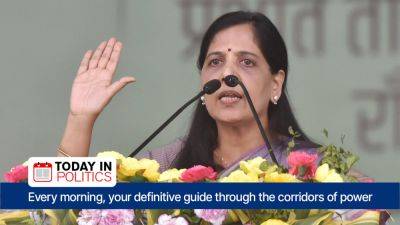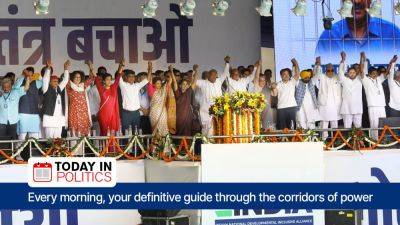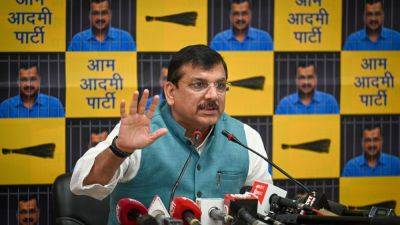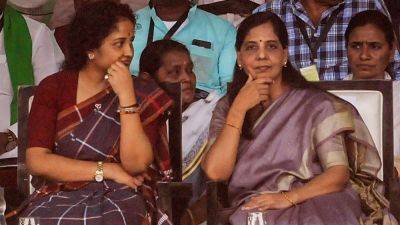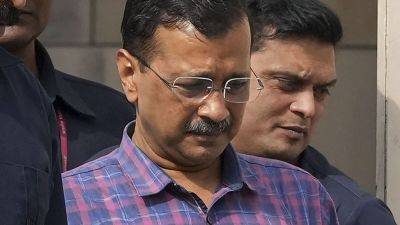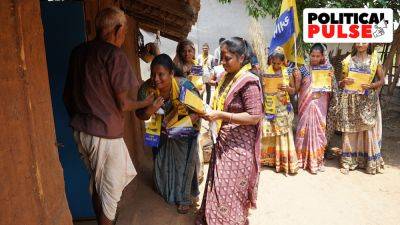Mahatma Gandhi to statehood movements and Mamata Banerjee: How hunger strikes have been used as a political weapon
A week after the INDIA bloc’s massive rally at the Ramlila Maidan, the Aam Aadmi Party (AAP) on Sunday protested against the arrest of Delhi Chief Minister Arvind Kejriwal with a mass hunger strike at Jantar Mantar in Delhi and in some other parts of the country.
Fasts and hunger strikes have frequently been used as political tools in India, popularised by Mahatma Gandhi during the freedom struggle against the British colonial government. Gandhi, who described fasts as “a great weapon in the armoury of Satyagraha”, undertook this form of protest at least 20 times during the Independence movement. His longest hunger strike came in 1943 when he fasted for 21 days against his detention over disturbances caused during the Quit India movement.
The first major fast-unto-death protest in independent India came in 1952 when Potti Sriramulu stopped eating over his demand for a separate state of Andhra Pradesh. Sriramulu’s death after 58 days sparked violent protests and finally led to the government carving Andhra Pradesh out of the then Madras state in 1953.
In 1969, Sikh leader Darshan Singh Pheruman also fasted unto death over the inclusion of Punjabi-speaking regions, including Chandigarh, within the then newly created Punjab state. He died after fasting for 74 days.
In November 2000, after 10 civilians were allegedly gunned down by the 8th Assam Rifles in Manipur, then 28-year-old activist Irom Sharmila began an indefinite hunger strike against the killing and later against the Armed Forces Special Powers Act (AFSPA). Three days after she began her fast, Irom was arrested for “attempting suicide” and remained in police custody for 16 years where she continued her hunger strike and came to be known as the Iron Lady of Manipur.


